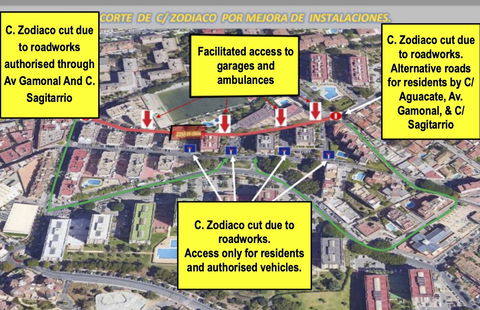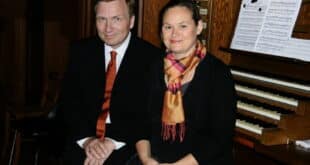Celebrating Spanish residency
Credit: Shutterstock.
On May 20, 2025, Spain will bring in the new ‘Arraigo Social’ rules, simplifying the process for obtaining legal residency. These changes will make it easier to apply for residency, but under what conditions?
‘Arraigo’ loosely translates as ‘roots’, and the ‘arraigo social’ programme in Spain is a procedure for foreigners in an irregular situation to obtain a residence and a work permit, based on demonstrating family ties or a solid social integration in the country.
For arraigo Social, the applicant must be a Spanish citizen who has lived continuously in Spain for a minimum of two years. Asylum is a completely different system from arraigo.
New arraigo rules – must have been living 2 years in Spain
Applicants will need to provide evidence of their two-year continuous residency through various means, such as registration on the municipal ‘padrón’, proof of regular employment and income in Spain, telephone records, medical certificates, bank statements, or any documentation bearing their name that confirms their presence in Spain, whether legally or otherwise. These documents are not required in all cases. An immigration lawyer is a specialist in the field.
The applicant for arraigo must be able to demonstrate that he or she does not pose a danger to the public’s health, safety, and order. A clean criminal record and a good police record are required.
According to the new regulations applicants must demonstrate their financial stability. They can do this by proving their ability or having a family member such as their parent or spouse pledge to support them. To those with a job or a desire to set up a new business, an arraigo sociolaboral application is needed. If a job is not available, the applicant can pursue residency through a business.
Families are the best candidates for arraigo residency
There are many types of arraigo. In some cases, the arraigo is based on the family ties of the applicant. This applies when the applicant can prove that they are living close to a parent or child who has permanent residency in Spain, as well as a spouse or partner legally registered. The same does not apply to distant relatives, like a long lost uncle.
For a successful application, financial self-sufficiency will be required. Applicants must demonstrate a monthly income equivalent to the IPREM (Indicador Público de Renta de Efectos Múltiples), currently approximately €600. This requirement is the same as what is required for applications for social housing, grants or certain schools.
If the applicant does not have any qualifying relatives, or income derived from Spain, they can submit an Integration effort report that evaluates their contributions to society. The application may be strengthened by factors such as the applicant’s ability to communicate in Spanish and their knowledge of Spanish culture.
Accreditation for those who are starting their own business involves the submission of a business plan and proof of training. Investment details must also be provided, in accordance with immigration regulations.
 Costa News Spain Breaking News | English News in Spain.
Costa News Spain Breaking News | English News in Spain.







